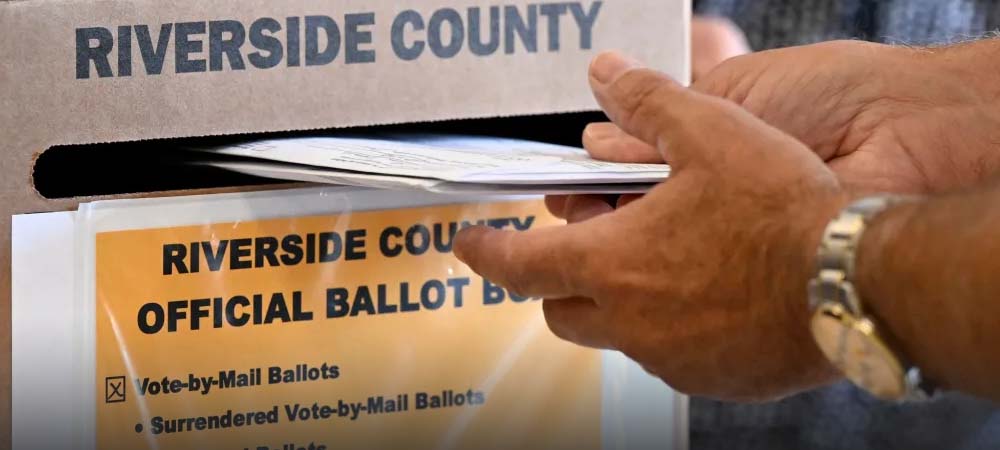- California has two ballot measures that would regulate the sports betting market in different ways.
- Proposition 26 would provide retail sports betting at specific tribally-operated racetracks.
- Proposition 27 would regulate the online sports betting market fully, and is backed by DraftKings and FanDuel.
LOS ANGELES – Californians will have two options to regulate their sports betting market on the ballot in November.
The two initiatives, Proposition 26 and Proposition 27, run the risk of splitting the vote and derailing a potential sports betting market in the most populated state in the country.
What Is CA Proposition 26?
Proposition 26 is a small-scale revolution of the sports betting market in California. The proposition would enable sports betting at certain tribal horse racing tracks in the state.
These tribal casinos already serve the California gaming market in various aspects that commercial casinos are not allowed to.
Prop 26 would simply expand the range of what they are allowed to offer to include sports betting, in a retail-only format.
This measure is backed, unsurprisingly, by many Native American tribes, who would maintain a monopoly on regulated sports betting in CA if it passes.
The CA Legislative Analyst and Director of Finance estimates that the measure could generate income in the low tens of millions annually, with some relatively small expenses for enforcement.
What Is CA Proposition 27?
Prop 27 is a proposal to make more drastic changes to the market. It would regulate sports betting via mobile devices and over the internet.
It is backed by many of the major sports betting companies, such as DraftKings and FanDuel, and is being sold as a homelessness-related bill.
This is due to the fact that, after regulatory costs are paid, 85% of revenues will be devoted to homelessness programs.
Some might call this a cynical attempt to get sports betting passed by tying it to another issue, while others might call it an attempt to raise funds for underserved people via sports betting regulation.
The CA Legislative Analyst and Director of Finance estimates that the measure could generate income in the mid hundreds of millions annually, with tens of millions spent in regulatory costs that would be recouped by the income brought in.
What Happens If Both Pass?
If both bills pass, the first question will be if the bills are able to be implemented simultaneously, or if they are not.
If they are found to be competing ballot measures – which is overwhelmingly likely, given that they regulate the same market in different ways – the one with more votes for it is made law.
This could create a situation wherein both bills pass, but only one goes into effect. It could also create a situation where the vote gets split between the two bills, and neither of them pass at all.
